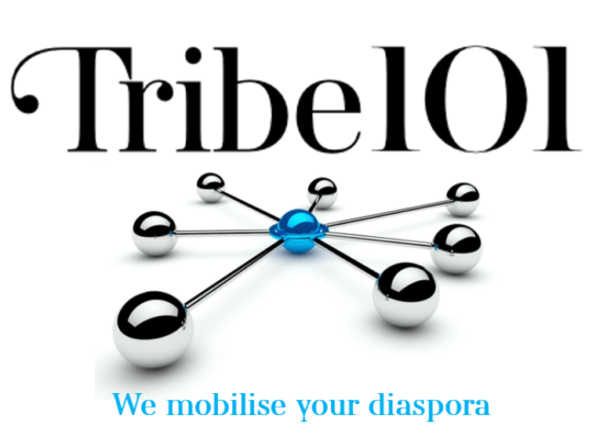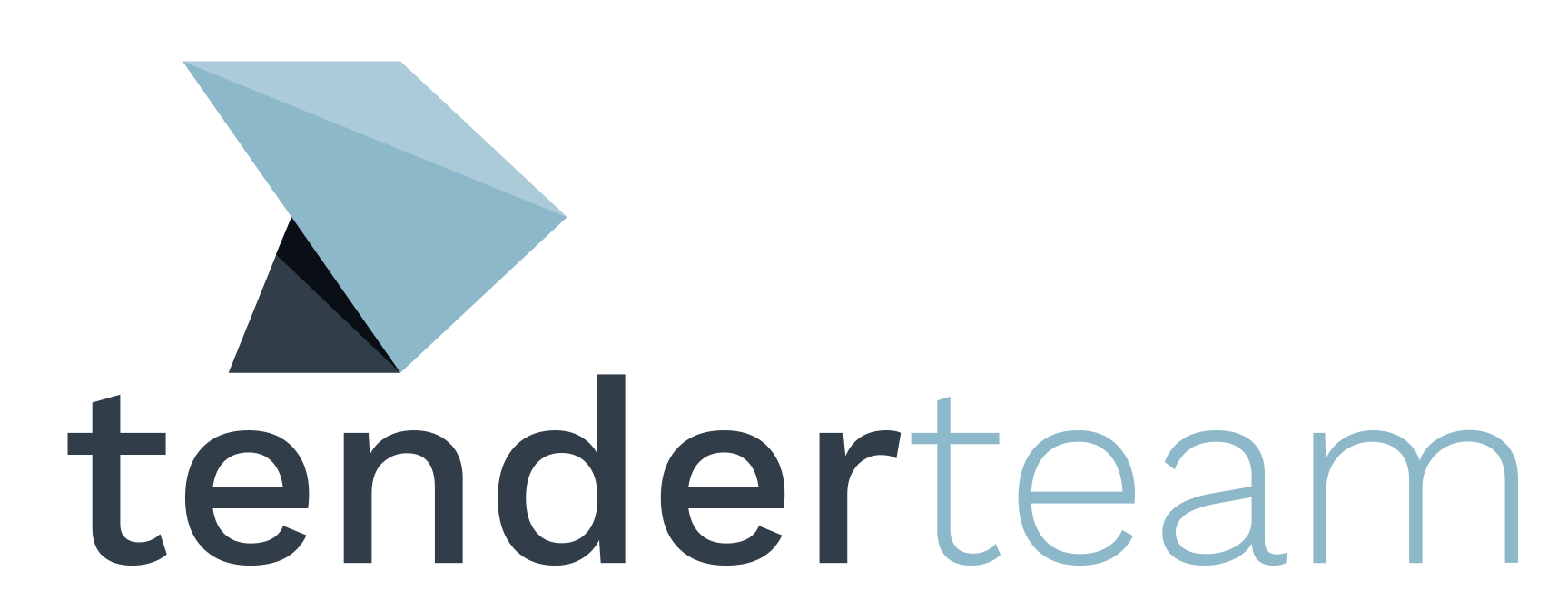Sheena Lowey, Managing Director of Tender Team offers thoughts on how Competitive Intelligence defines your chance of winning a tender or an element of business within an organisation. The process assists in avoiding doubt and other possible eventualities.
Sound familiar?
You’ve all been there before. Having thrown your heart and soul into the creation of a tender, which you felt was an excellent document; confidently submitted on time, comprising your best efforts to achieve a compliant and responsive tender addressing all key elements required in the RFT.

SHEENA LOWEY
You painstakingly spend hours, days and sometimes weeks on questions that have no relevance to what you can do for them as they’ve clearly not thought enough about the questions they are asking or have made up their minds to just go through the motions of the tender process. You know you have the ability to deliver above and beyond the incumbent. The incumbent may have quoted lower than yourselves last time to secure the job, but doesn’t deliver as promised (surprise, surprise), so you expect a positive response this time round. You then wait….and wait and wait, feeling very deflated after all the initial effort due to the delay in hearing anything, positive or negative.
Following a few in vain attempts to find out the results, if you’re lucky a one-liner comes back saying ‘we are still in the review and evaluation process, please be patient. We apologise for this delay’, or, to your horror and dismay, an email may state that it has been awarded to another tenderer who priced lower; worse still, the incumbent who hadn’t delivered.
Same Feedback As Before?
A word within the feedback, like “the successful tenderer demonstrated a clear understanding of the services required”, or that they ”provided enormous detail”, might indicate that they want the same suppliers they’ve had before. And then there is the usual one about “your tender didn’t demonstrate sufficient experience” or “your tender lacked required detail around…” without the necessary explanation you would have benefitted from reading, to assist you with your next tender. When your combined expertise is significantly more than the chosen tenderer, it typically means we don’t want to change, or take the risk.
The situation is even more annoying because, you took the plunge despite your worst fears. You were suspicious of the fact that the incumbent might win again, and they did, incredulous as it may seem.
Intelligence Questions
Before commencing work on a tender response document, Competitive Intelligence can be an effective tool to aid you in this relentless and tiresome, not to mention time-consuming, quest. Ask yourself and colleagues questions such as:
- Who are the incumbents of the contract?
- Why are they offering the contract? Is it a new requirement or an extension?
- Who does this company talk to within the organisation?
- Who are the real stakeholders with the organisation offering the contract opportunity?
- Can these key people influence the tender outcome / are any on the panel of judges?
- What’s the organisation’s appetite for change?
- What’s the organisation’s track record on awarding contracts? Do they usually go to the same providers? Find this out to avoid wasting your time
- Does the organisation really want change, or do they just want more of the same?
- What else could you be doing rather than filling out a proposal?
If you discover the tender has been awarded to the usual suspects, it’s essential to get genuine and detailed feedback. This feedback must be sought too, in the event that you win the contract. The best analysis tool for this situation is win-loss analysis.
Post Tender Analysis?
A win-lose analysis is a comprehensive, systematic and ongoing analysis.It looks at why your business won and lost deals. Win or lose – this process delivers powerful insight to transform the way you tender and influences the way in which you run your company, filtering through each department or staff member involved in the sales and business development process.
Why Do Them?
To unveil your potential client’s decision-making process! It helps you understand how the market sees you. What you are missing or why you are attracting certain clients and not others? Which competitors are winning against you? And most importantly, why? Cost is one aspect, but the way you work with people, an entirely different reason perhaps.
Also, to determine if you stand a chance of getting the contract next time. The Win-Loss analysis is a potent Intelligence tool. It allows you to see any trends and patterns before you tender again. Should you alter your approach or stick with the status quo. It provides valuable insight either way.
Making Note
On accumulation of all feedback, you have answered questions like those above, it’s time to make note of lessons learned. 1) Write down all the reasons you will get the contract, 2) Note the reason why you won’t get the deal.
Outcome
At this stage, you will be better informed as to whether it’s worth your while going for it next time, or you will have saved yourself a lot of time and energy:
-
What’s the organisation’s appetite for change?
-
What’s the awarding authority’s track record on awarding contracts? Do they usually go to the same providers? Find this out to avoid wasting your time.












